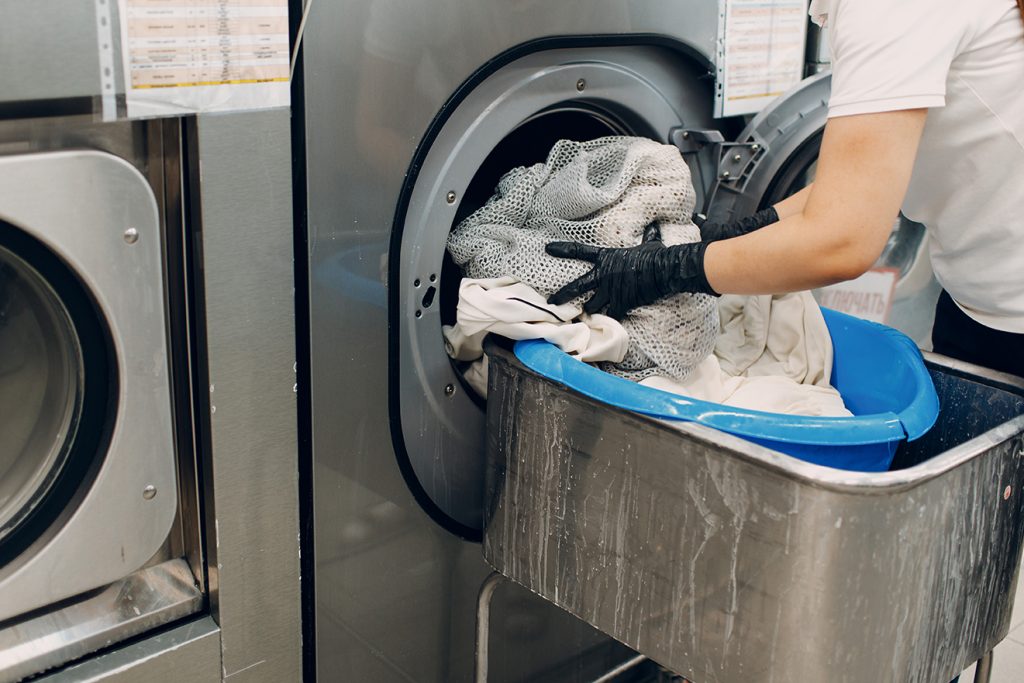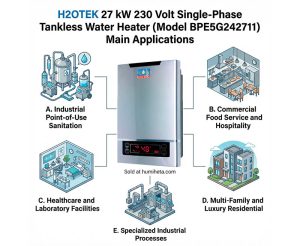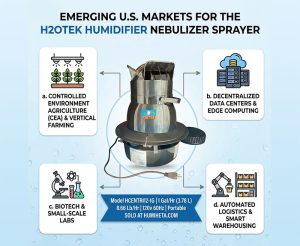In a military barracks, ensuring optimal conditions for the well-being of soldiers is essential. One of the key aspects is the provision of hot water for personal hygiene, especially in cold climates or facilities where gas access is limited. Electric water heaters offer an efficient and safe solution for supplying hot water to military installations.
Benefits of Electric Water Heaters in Military Facilities
-
Safety and Risk Prevention
They do not require fuels such as gas or diesel, reducing the risk of leaks or explosions.
They decrease the emission of pollutants, improving air quality in enclosed facilities.
Equipped with automatic shut-off systems and temperature controls to prevent overheating.
-
Easy Installation and Adaptability
No need for gas pipes, ventilation, or fuel storage.
Can be installed in dormitories, communal showers, dining halls, infirmaries, and laundries.
Portable models are available for temporary military bases or field operations.
-
Energy Efficiency and Sustainability
Low-consumption models reduce the energy expenses of the barracks.
Digital thermostat options allow for efficient temperature adjustment.
Can be combined with solar panels to reduce electricity consumption in eco-friendly military bases.
Types of Electric Water Heaters Used in Barracks
Depending on the number of personnel and the required use, different types of heaters can be selected:
-
Storage Water Heaters (Hot Water Tanks)
Ideal for large barracks with high hot water consumption.
Store water in tanks ranging from 50 to 500 liters, ensuring constant availability.
Recommended for communal showers and laundries in bases with many soldiers.
-
Instant Water Heaters (Tankless Systems Eemax)
Heat water instantly, reducing waste and energy consumption.
Take up less space and can be installed in individual rooms or small units within the barracks.
Ideal for barracks with variable water flow or mobile camps.
Maintenance and Best Practices
To ensure the optimal operation and safety of electric water heaters in a barracks, the following guidelines should be followed:
- Periodic cleaning: Remove sediment and check for limescale buildup in storage heaters.
- Connection inspections: Regularly inspect electrical wiring and thermostats.
- Avoid electrical overloads: Use appropriate power distribution systems.
- Efficient use: Implement shower schedules and strategies to optimize consumption.
- Replacement of worn parts: Change heating elements or thermostats as needed.
Considerations for Military Bases in Extreme Conditions
In some operations, military barracks are located in environments with adverse conditions. For these cases, the following solutions should be considered:
-
Cold Climates:
Use high-power electric heaters to prevent water from freezing in pipes.
Implement thermal insulation systems in hot water installations.
-
Desert Areas:
Complement electric heaters with solar thermal systems to reduce energy costs.
Use models with protection against dust accumulation and corrosion.
-
Humid or Coastal Environments:
Choose heaters made of corrosion-resistant materials with protection against salt humidity.
Implement proper drainage and ventilation systems in boiler rooms.
Conclusion
Electric water heaters are a reliable, efficient, and safe solution for ensuring a hot water supply in military barracks. Their flexibility in installation, low maintenance requirements, and adaptability to different climatic conditions make them the best option for personnel well-being.
Depending on the size of the barracks and specific needs, storage, instant, or centralized heating systems can be selected to optimize energy consumption and ensure soldiers’ comfort in their daily routines.




